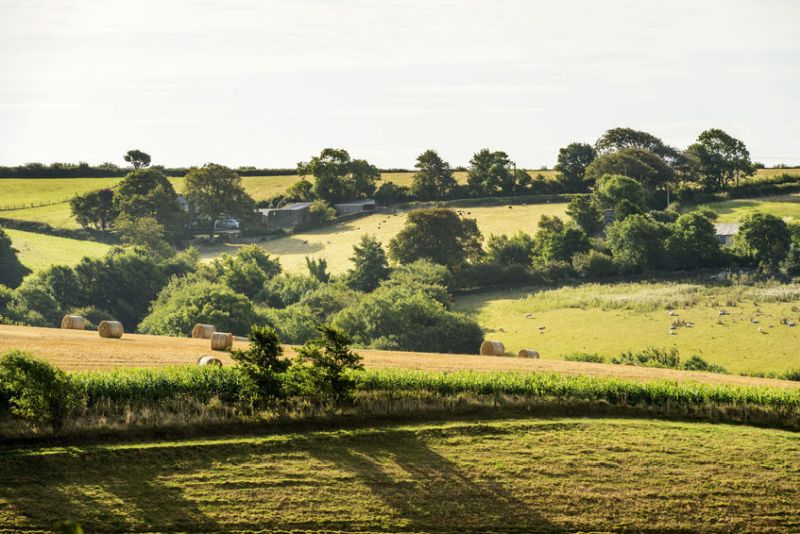
Countryside Stewardship Mid-Tier agreements could offer a 'lifeline' to farmers as the Covid-19 crisis continues, financial experts say.
Farmers can lock into a guaranteed income, boost biodiversity and position themselves well for the new subsidy era, according to property consultants CLM.
With the 31 July application closing date looming, farmers have been urged to act swiftly to apply for schemes starting in 2021, the first payments from which are expected to be made in December 2021.
Kevin Jay, farm consultant at CLM said: “The money – available both as annual payments for environmental work and grants for capital items – should land in bank accounts at precisely the point farmers are experiencing the first reduction in their BPS payments.
“The government has guaranteed Countryside Stewardship funding for five years, so it offers a way to fill some – if not all – of that cashflow hole."
He said the phasing out of BPS between now and 2027 was always going to have a 'huge impact' on farm incomes, even before the coronavirus crisis took its toll on revenues.
“These agreements, even if you’ve considered them before and decided they weren’t for you, are worth considering again," Mr Jay said.
"Countryside Stewardship could be a game-changer on some farms and estates."
Many of the reasons farmers were reluctant to apply in previous years should no longer be obstacles, he added.
“While the scheme rightfully had its share of bad press for being too complicated and for requiring far too much record-keeping, it’s been simplified and the RPA is slowly getting its act together as regards payments,” Mr Jay said.
The government has also guaranteed that anyone in a Countryside Stewardship agreement will be able to leave early if they want to join the new Environmental Land Management Scheme (ELMS) when it’s introduced.
Any fear of being trapped in a scheme which is less rewarding than the alternative is no longer a reason not to apply, Mr Jay explained.
"The next few weeks are a critical window, offering an opportunity to access capital grants for work such as fencing and water troughs, plus annual payments covering everything from grass leys and sown legume fallows to restore soil health and help control blackgrass to restoring wildlife habitats and creating woodlands.
“With many arable farms also feeling the fallout of a wet autumn and winter, Mid-Tier payments could provide a much-needed lifeline.
“You don’t need to enter a whole farm, so there are opportunities with less productive areas, such as field corners, wetter pieces of ground or boundary strips – and you can sign up to as many or as few options as you like,” explained Mr Jay.
There is no limit on the value of an application if it includes a mix of capital and environmental management options.
With Mid-Tier applications ‘competitive’ and scored, they are not automatically approved, but an agreement is guaranteed for those who apply for any of the four 'Wildlife Offers' offering a limited number of management options.
